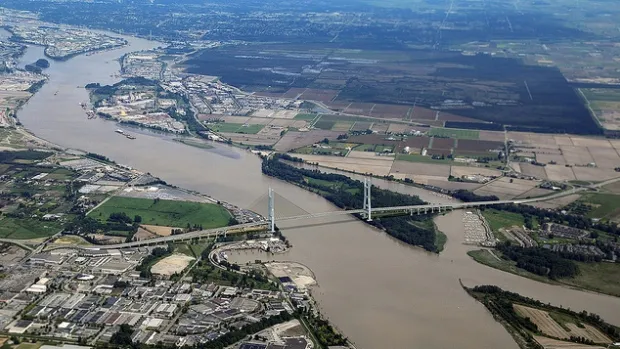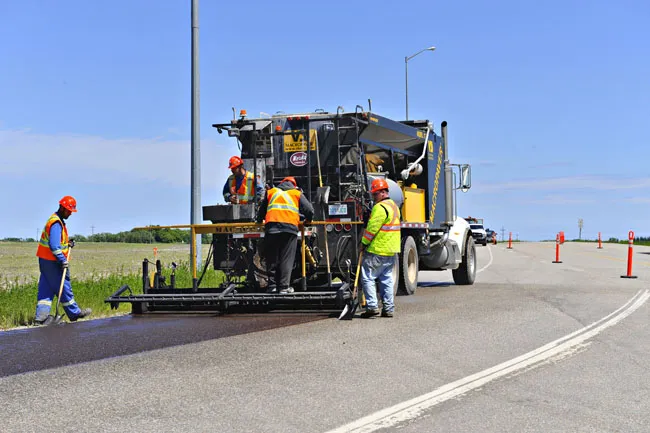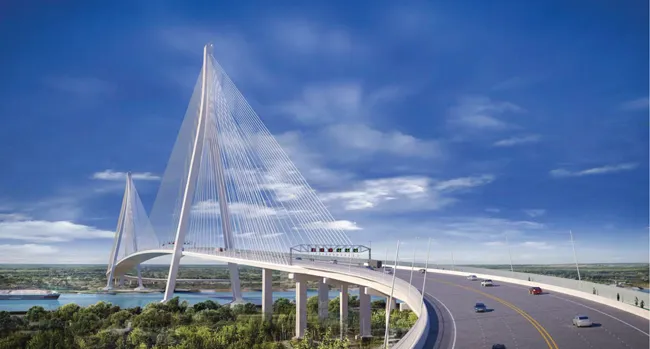The authorities in the US state of Ohio continue to investigate new methods of generating revenue for highway investment. The state is facing a funding shortfall of up to US$1.6 billion on its highway maintenance and expansion plans to meet traffic volume needs. As a result, the Ohio Department of Transportation (ODOT) is moving forward with a plan to explore the commercial development of certain state-owned rest areas. The state is pursuing the conversion to service plazas of five of the state’s 59 non-int
June 15, 2012
Read time: 2 mins
The authorities in the US state of Ohio continue to investigate new methods of generating revenue for highway investment. The state is facing a funding shortfall of up to US$1.6 billion on its highway maintenance and expansion plans to meet traffic volume needs. As a result, the Ohio Department of Transportation (ODOT) is moving forward with a plan to explore the commercial development of certain state-owned rest areas. The state is pursuing the conversion to service plazas of five of the state’s 59 non-interstate rest areas. “Rest areas are expensive to operate and maintain, and in some cases, they have become safety hazards to motorists travelling in our state,” said ODOT director Jerry Wray. “If we can generate enough money to offset the costs and improve safety, Ohioans will be better off. Plus, generating much-needed new money will allow us to get shovels in the ground and begin construction much sooner on some of the major transportation projects that will help drive our state’s economy into the future.”
Currently, ODOT spends almost $50 million/year to maintain all 104 rest areas in Ohio. Rest area maintenance costs include paying utility bills, as well as resurfacing parking lots, improving buildings and paying for general services. In January, ODOT announced its $1.6 billion budget hole that forced the department to push back by decades some of the state’s largest construction projects. Since then, the agency has initiated a complete review of all current and future transportation projects to identify those that could be candidates for public-private partnerships. It has also sought to identify additional resources to aid in the funding of major transportation projects throughout the state.
Currently, ODOT spends almost $50 million/year to maintain all 104 rest areas in Ohio. Rest area maintenance costs include paying utility bills, as well as resurfacing parking lots, improving buildings and paying for general services. In January, ODOT announced its $1.6 billion budget hole that forced the department to push back by decades some of the state’s largest construction projects. Since then, the agency has initiated a complete review of all current and future transportation projects to identify those that could be candidates for public-private partnerships. It has also sought to identify additional resources to aid in the funding of major transportation projects throughout the state.









